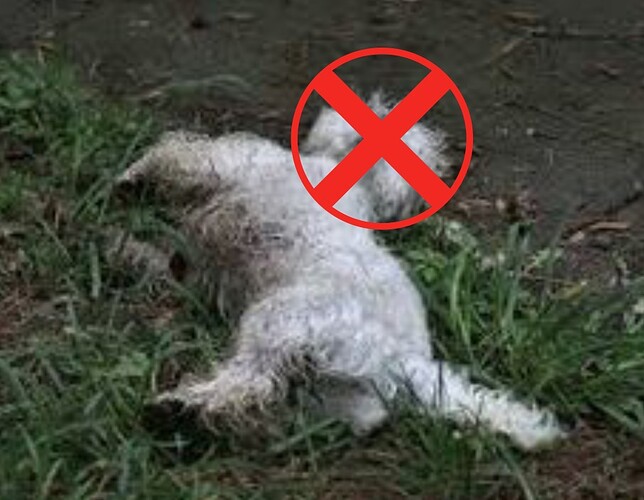[excerpt from The Diaries of Other Pendragon © 2017 by TrilloCom LLC]
I was reluctant to leave Europe at a time of such intellectual ferment, and even considered accepting the the Royal Society’s invitation to join them, but the constant warfare and upheavals dismayed me, and poetry, not science was becoming my main interest. I had heard that in the far-off islands of Japan they had created poetic forms more subtle than the sonnet or even the sestina, so I took ship with the Dutch trading fleet and journeyed thither, where I presented myself to the Shogun and asked to be permitted to study under Master Bashō.
The Shogun was gracious, and even introduced me to Hitomi, a young lady of the court who would be my interpreter. As a girl she had shown a talent for languages, and had been sent away to study. She had recently returned with two of her friends from a ladies’ seminary and was eager to travel, for at seventeen she found Edo excessively formal and boring. I have no doubt she was ordered to keep track of me and report back to Edo, but that mattered not to me, as I was no more than I claimed to be. We journeyed into the mountains, where I implored Master Bashō to take me on as a student.
For the first five years I was assigned to sweep the floor of his study and empty his waste basket, which often contained poems such as I would have given an arm to have written, if it were not my sword arm.
Hitomi proved invaluable, working on my grammar and vocabulary with great patience. In the afternoons she would make tea in the courtyard, a leisurely and subtle art involving many exquisitely graceful gestures. (Her skill at this was such that once, when a terrible thunderstorm approached, she completed the task in less than two hours.)
Another autumn
Dreams of sushi. Rice again
More please, Bashō-san
For the next five years my task was to rake the gravel in front of the master’s porch, creating pleasing curves like the ripples on a pond, although which ones may have pleased him he did not vouchsafe.
In our free moments, Hitomi and I would wander the mountain paths, enjoying the beauty of nature. We had much merriment over the differences in our languages and cultures. I remember one time, as we sat beside a little stream, she smiled up at me coquettishly and said, “Tell me, Othuru-san, have you a katana or a wakizashi?”
“Neither,” I replied. “I have a seax, which is not so long, but which has always sufficed.”
“Ooh,” she said, wide-eyed, “May I hold your seax?”
“Nay,” I said, “It is for my hand alone.”
She giggled, and then stared pensively at the stream for a long time.
Countless little stones
Young blossom, is tea made yet?
Grey grey grey grey grey
When five years were ended, Bashō-sama said my job henceforth was to clean his brushes. “It’s a good thing I’m immortal”, I muttered sotto voce, and he struck me with a bamboo flute, at which I experienced a moment of kenshō.
Then one day Hitomi, who had been out harvesting daikon and cucumbers, of which she was extremely fond, came rushing up the path. “Othuru-san,” she cried, “a barbarian with copper hair approaches, wearing a skirt!”
“No time to lose, Hitomi-san,” I said, “make the tea.” To my sensei, who was sitting in the lotus position on his porch, I said, “Bashō-sama, an enemy approaches. What do you advise?”
He raised his eyes to the mountain in the distance and chewed contemplatively on his brush. The fingers of his left hand twitched as he counted the syllables of his first line. I had often seen him thus, sometimes for days, and I could not wait for his reply. I grabbed my sword and strode down the path to face my wyrd.
As I had expected, it was the ill-mannered little Scot I had encountered in Avignon so many years ago. He addressed me in his crude patois. “What’er ye lookin’ at, ye great jobbie?” he began, “Awa’ n bile yer head. D’ye think a hackit scrote like you wiz meant to defeat me?”
With a wild yell he pulled out his strange flail-like sword, sprang at me, and the battle commenced. His four blades wove elaborate patterns in the air, and in seconds we were both bleeding from dozens of cuts. I drew my sword.
Parrying four blades at once is an art I had learned in my youth, but it is tiring, and I wondered if my endurance was enough to withstand him. But you can’t live the life I have led without learning a few tricks about fighting Scotsmen. As he began a particularly intricate reverse-figure-seven move, I shouted “Look out behind you!” As he turned he lost control of his weapon and two of the whip-like blades wrapped around his neck. In an instant I had stepped forward and seized the hilt of his sword. A quick tug and snick, his head came off.
His last words were, “Aw, shite.”
At once, a powerful feeling overwhelmed me, as if my veins had been filled with the strong spirit they brew in the Highlands and I had been head-butted by an ox. A great rage came over me, but also a deep feeling of empathy. “He was a scabby wee bampot,” I thought, “but no sae bad over all, and good for a laugh doon the pub. Oh, so that’s what bawbag means.”
I buried him under the willow tree by the river, where the tom-tits sing. I thought he would appreciate that.



